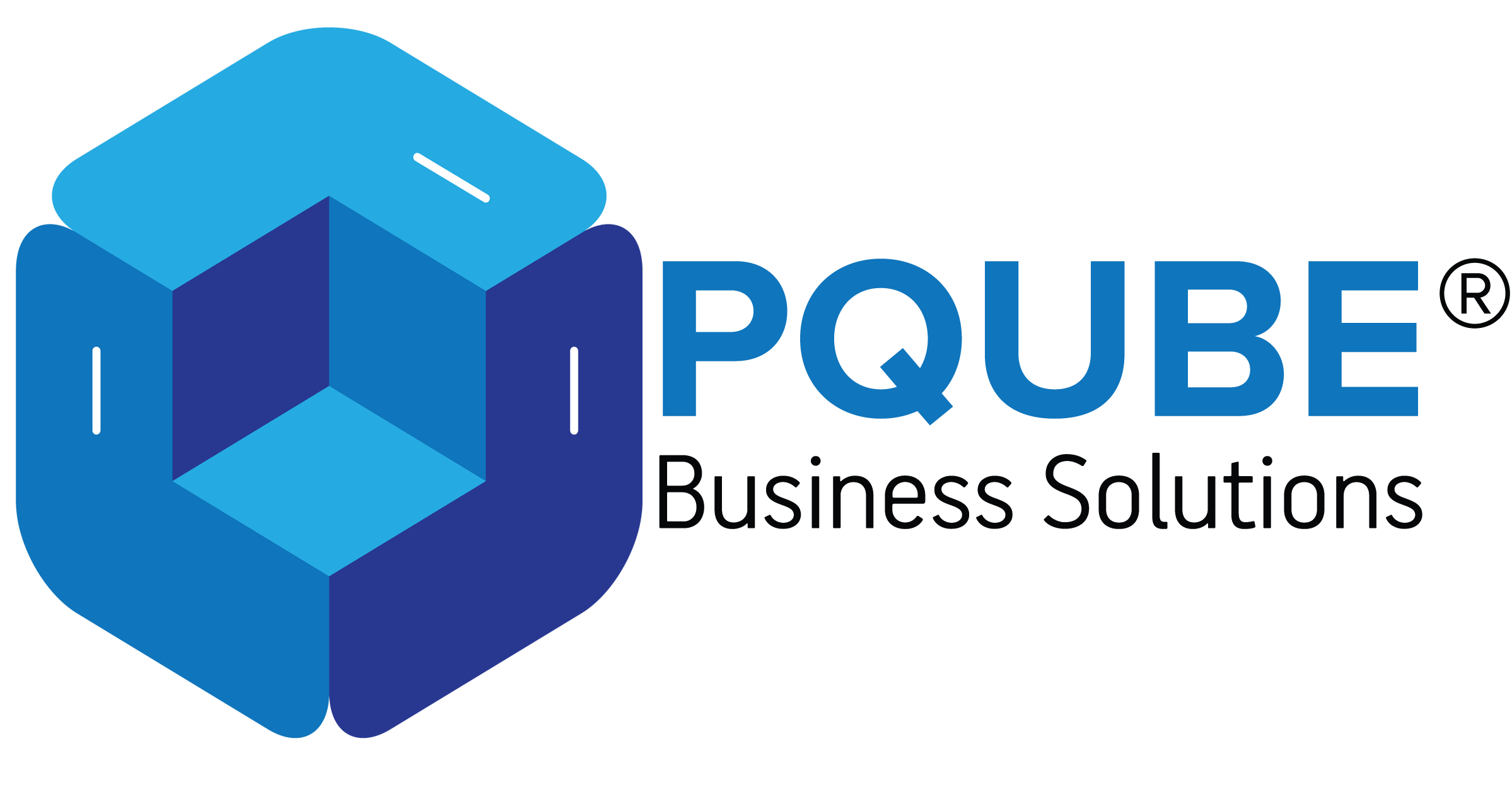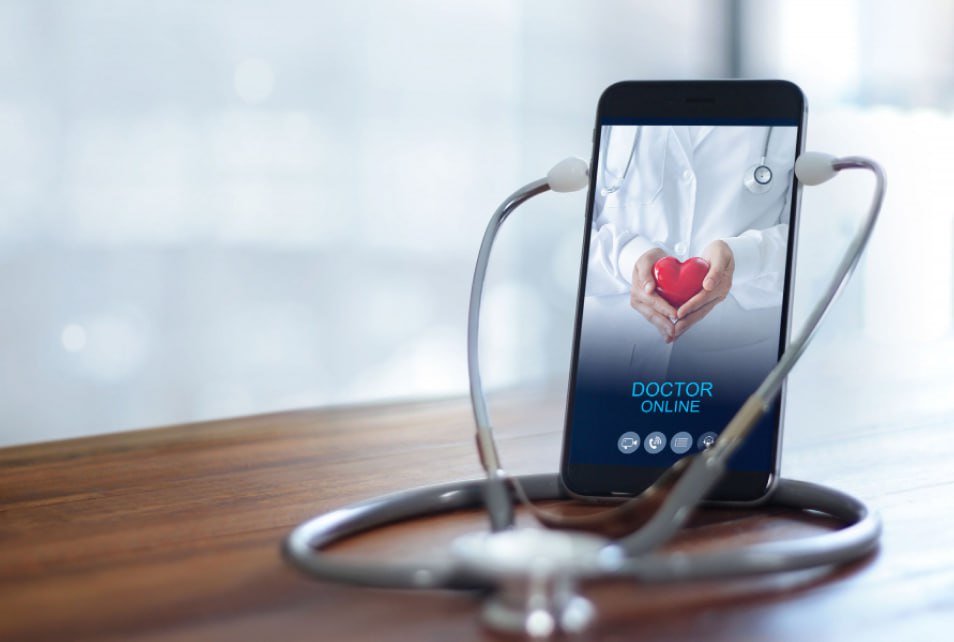Healthcare Industry Needs Better Mobile Solutions
The healthcare industry faces a critical challenge today: despite widespread smartphone adoption, effective healthcare mobile apps remain significantly behind other sectors. Patients struggle with fragmented care experiences, providers battle administrative burdens, and health systems lack the digital tools needed for modern, efficient care.
Research shows that while 80% of healthcare providers recognize the potential value of mobile health applications, less than 30% successfully implement and maintain these solutions. This gap exists because:
- Healthcare mobile app development often prioritizes feature breadth over solving specific clinical problems
- Many healthcare app development companies fail to balance technical innovation with healthcare’s regulatory requirements
- Mobile apps for healthcare frequently don’t integrate well with existing clinical workflows
- Development approaches typically don’t account for healthcare’s unique stakeholder dynamics
- The high cost of comprehensive solutions prevents many promising innovations from reaching the market
- User adoption barriers are significantly higher in healthcare than in consumer markets
- Healthcare data complexity makes simple, elegant solutions more challenging to develop
These challenges represent a significant opportunity for healthcare app development companies that understand how to navigate the complex healthcare landscape through a Minimum Viable Product (MVP) approach.
Why Healthcare App Development Companies Must Start with an MVP
For healthcare app development companies, the MVP approach offers a strategic pathway through healthcare’s unique challenges. Unlike consumer apps, mobile apps for healthcare must prioritize patient safety, data security, and clinical efficacy from day one.
A healthcare mobile app MVP enables development teams to:
- Meet Critical Requirements While Innovating: Test core functionalities while maintaining rigorous safety standards by focusing on a limited feature set
- Navigate Healthcare-Specific Regulations: Address FDA approval, HIPAA compliance, and other regulatory clearances incrementally rather than simultaneously
- Address Healthcare’s Complex Stakeholder Ecosystem: Validate assumptions about the needs of patients, providers, payers, and administrators before committing to specific development paths
- Solve Healthcare Integration Challenges: Make integration with existing electronic health records (EHRs) and clinical workflows more manageable through iterative improvements
- Accelerate Time-to-Market: Deploy solutions that address immediate healthcare needs while planning for more comprehensive functionality in future iterations
- Minimize Initial Development Costs: Focus resources on the most critical functionality first
- Generate Early Clinical Evidence: Begin collecting outcome data that supports further development and adoption
Top 5 Benefits of Starting with a Healthcare Mobile App MVP
1. Evidence-Based Development Decisions
Healthcare mobile app MVPs generate real-world data about user engagement, clinical utility, and potential impact. This evidence allows healthcare app development companies to make informed decisions about which features to prioritize in subsequent development phases.
Key advantages include:
- Avoiding development of unused or unnecessary features
- Discovering unexpected use patterns that inform future development
- Identifying integration challenges early when they’re less costly to address
- Understanding actual user behavior rather than relying on assumptions
For example, a healthcare app development company might discover that asynchronous messaging features are more valuable to rural patients than scheduled video visits, prompting a shift in development priorities.
2. Reduced Financial Risk
Healthcare mobile app development requires substantial investment. By starting with an MVP that focuses on core functionality, healthcare app development companies can:
- Demonstrate value to investors earlier with tangible results
- Generate initial revenue streams to support ongoing development
- Identify cost-ineffective features before significant investment
- Create a stronger business case for additional funding
- Test pricing and business models with minimal upfront investment
3. Accelerated User Adoption
Healthcare professionals and patients are often resistant to adopting new technologies. Mobile app MVPs with focused functionality face fewer adoption barriers because:
- They require less training to implement
- They solve specific pain points immediately recognizable to users
- They minimize workflow disruptions during implementation
- They allow users to provide input on future development priorities
- They create less change fatigue among healthcare staff
4. Earlier Regulatory Feedback
Healthcare app development companies report that their MVP phase provides crucial insights into regulatory requirements that ultimately shape their entire product roadmap for mobile apps.
Benefits include:
- Early identification of compliance issues when they’re easier to address
- More efficient use of regulatory resources
- Better understanding of documentation requirements
- Establishment of regulatory precedents for future development
- Reduced risk of major regulatory setbacks later in development
5. Enhanced Patient Outcomes Sooner
Healthcare mobile app MVPs can begin delivering clinical benefits while more comprehensive solutions are still in development:
- Addressing critical gaps in care delivery immediately
- Providing previously unavailable access to services
- Generating early evidence of clinical efficacy
- Improving specific aspects of the patient experience
- Creating momentum for broader healthcare innovation
Step-by-Step Process to Develop a Healthcare Mobile App MVP
1. Identify a Specific Healthcare Challenge
Successful healthcare mobile app MVPs begin with clearly defined problems. Healthcare app development companies should identify specific pain points where mobile technology can deliver immediate value through:
- Provider interviews and surveys
- Clinical workflow observation
- Analysis of quality improvement initiatives
- Review of patient complaint data
- Consultation with clinical advisors
- Analysis of healthcare cost drivers
- Evaluation of current technology gaps
Example: Instead of building a comprehensive diabetes management platform, focus on medication adherence for insulin-dependent patients—a discrete problem with significant clinical impact.
2. Define Your Value Proposition
Your healthcare mobile app MVP should articulate clear value propositions for each stakeholder group:
- For providers: Time savings, reduction in administrative burden, improved clinical decision support
- For patients: Enhanced access to care, better management of health conditions, improved communication
- For healthcare systems: Cost reductions, improved quality metrics, higher patient satisfaction
- For payers: Reduced utilization costs, better preventative care, improved member engagement
- For administrators: Simplified regulatory compliance, better resource allocation, improved staff satisfaction
3. Identify Regulatory Requirements
Understanding the regulatory landscape is critical before development begins:
- Determine if your mobile app qualifies as a medical device
- Identify applicable regulatory frameworks (FDA, HIPAA, GDPR)
- Create a compliance roadmap aligned with development phases
- Consult with regulatory experts specific to your solution category
- Review similar mobile products that have received regulatory clearance
- Document your regulatory strategy for stakeholders
4. Outline Core Features vs. Future Enhancements
Use the MoSCoW method to distinguish between must-have features and those that can be developed later:
- Must Have: Features critical to solving the core problem and regulatory compliance
- Should Have: Important features that add significant value but aren’t essential
- Could Have: Desirable features that would enhance the app but aren’t necessary initially
- Won’t Have: Features deliberately excluded from the MVP but considered for future versions
Example: For a telehealth mobile app MVP, secure video consultation might be a “must-have” feature, while automated appointment scheduling could be deferred to a later release.
5. Design for Healthcare Users
Healthcare mobile applications face unique usability challenges that require:
- Development of user personas specific to healthcare contexts
- Creation of prototypes for clinical workflow testing
- Usability testing with actual healthcare providers and patients
- Accessibility considerations for diverse patient populations
- Incorporation of clinical terminology familiar to intended users
- Accommodations for use during high-stress clinical situations
- Design patterns that minimize cognitive load for busy clinicians
6. Develop with Compliance in Mind
Security and compliance must be foundational, not afterthoughts:
- Implement HIPAA-compliant data storage and transmission
- Establish secure authentication appropriate to clinical contexts
- Create audit trails for all data access and modifications
- Implement appropriate encryption for data at rest and in transit
- Document all development decisions relevant to regulatory submissions
- Build privacy controls that exceed minimum requirements
- Establish security testing protocols throughout development
7. Test in Realistic Healthcare Environments
Healthcare mobile applications must function reliably in challenging environments:
- Conduct testing in actual clinical settings when possible
- Simulate interruptions and workflow disruptions
- Test integration with target EHR systems
- Validate clinical algorithms with real patient scenarios
- Evaluate performance under variable connectivity conditions
- Test across multiple device types used in clinical settings
- Assess performance during high-stress scenarios
8. Launch with Targeted Implementation
A focused initial deployment generates valuable feedback and evidence of efficacy:
- Identify champion users at target implementation sites
- Develop clear success metrics for the initial deployment
- Create streamlined training materials focused on core functionality
- Establish multiple feedback channels for users and patients
- Plan for rapid response to critical issues
- Create a supportive environment for early adopters
- Document lessons learned throughout the implementation process
Example: Rather than a broad market launch, a medication management mobile app MVP might deploy initially within a single health system’s endocrinology department.
9. Gather User Feedback and Iterate
Feedback collection should be systematic and drive development priorities:
- Implement in-app feedback mechanisms that are easy to use
- Conduct regular user interviews and observation sessions
- Analyse usage patterns and feature engagement metrics
- Track clinical outcomes related to mobile application use
- Document workarounds users develop for missing functionality
- Prioritize issues that impact clinical care or user adoption
- Establish a clear process for incorporating feedback into development
Challenges in Healthcare Mobile App MVP Development
Regulatory Compliance vs. Innovation Speed
Healthcare app development companies face the challenge of balancing rapid mobile development with regulatory requirements:
- Engage regulatory experts early in the development process
- Create a modular architecture where certain components can advance while others await regulatory clearance
- Develop relationships with regulatory bodies through pre-submission meetings
- Build compliance documentation into the development workflow
- Leverage regulatory pathways designed for digital health innovations
Integration with Legacy Healthcare Systems
Many healthcare institutions rely on legacy systems with limited interoperability:
- Focus initial mobile app MVP deployments at sites with more modern infrastructure
- Build flexible API layers that can adapt to different integration requirements
- Consider standalone functionality for initial releases while developing integration capabilities
- Leverage emerging standards like FHIR when possible
- Create graceful fallbacks when integrations are unavailable
- Document integration requirements thoroughly during site assessments
Patient Privacy and Data Security
Healthcare applications face stringent security requirements:
- Implement “privacy by design” principles from the earliest development stages
- Engage privacy experts to review architectures and data flows
- Consider using synthetic or de-identified data for initial testing phases
- Create transparent data handling policies that build user trust
- Implement robust security measures even in early MVP versions
- Conduct regular security assessments throughout development
User Adoption in Clinical Settings
Healthcare professionals face significant workflow challenges:
- Design mobile app MVPs that minimize additional steps in clinical workflows
- Provide super-user training to create internal champions
- Demonstrate clear timesaving or outcome benefits early
- Align with institutional quality improvement initiatives
- Create incentives for initial adoption and feedback
- Recognize and address cultural barriers to technology adoption
Conclusion
For healthcare app development companies, developing a healthcare mobile app MVP represents a strategic approach to navigating the unique challenges of healthcare innovation. By focusing initial development on core functionality that addresses specific clinical needs, companies can validate their concepts, generate essential user feedback, and begin delivering value sooner.
The most successful mobile apps for healthcare aren’t necessarily those with the most features—they’re the ones that:
- Seamlessly integrate into clinical workflows
- Demonstrate measurable improvements in outcomes
- Continuously evolve based on real-world experience
- Solve real problems for both patients and providers
- Balance innovation with regulatory compliance
Remember that in healthcare technology, the ultimate measure of success is positive impact on human health and well-being. A thoughtfully developed healthcare mobile app MVP puts you on the fastest path to achieving that impact while building a sustainable foundation for future growth.
Ready to develop your healthcare mobile app? Contact PQube for comprehensive mobile app development services that bring your healthcare innovation to life while navigating the complex regulatory landscape. Our experienced team specializes in creating effective MVPs that deliver real clinical value while positioning your solution for long-term success in the healthcare market.







